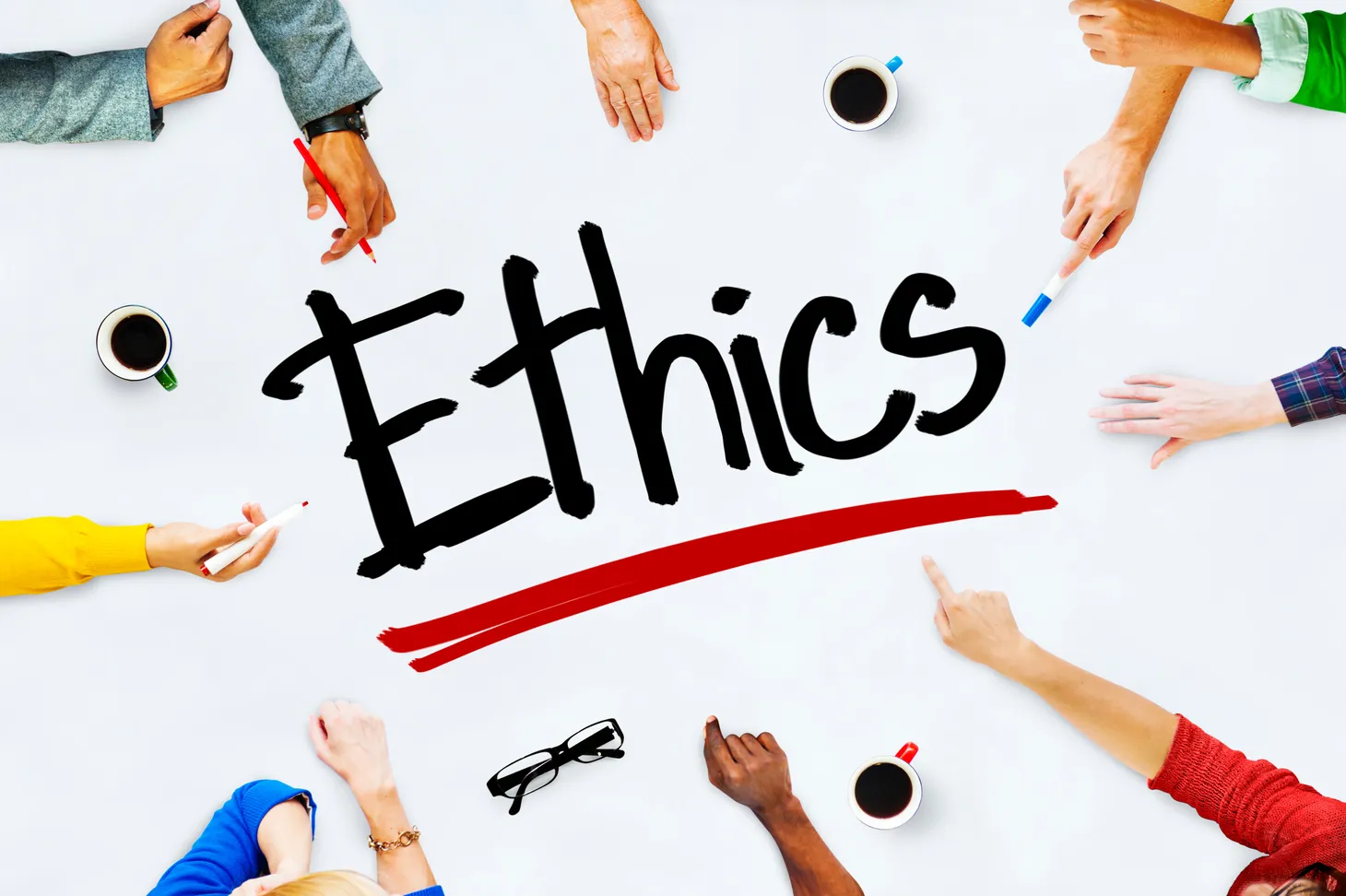An Ethics Crisis in 2020 – Here Is To A Better 2021
Given the esteem and trust we grant scientists and innovators, how could this happen? How could research fraud, falsified data, and unproven conclusions result in 1,800 papers in leading journals and peer review articles being retracted in 2020? And this is not an anomaly. [1] Two decades ago, jour

Given the esteem and trust we grant scientists and innovators, how could this happen?
How could research fraud, falsified data, and unproven conclusions result in 1,800 papers in leading journals and peer review articles being retracted in 2020? And this is not an anomaly. [1]
Two decades ago, journals were retracting roughly 40 papers per year. Journals now retract about 1,500 articles annually — a nearly 40-fold increase over 2000, and a dramatic change even if you account for the roughly doubling or tripling of papers published per year.
The public depends on our work to better society, Everything from vaccines to information privacy and security of our personal information. If society can’t trust us to be ethical with today's work, how will they trust us with emerging disruptive innovations such as AI (artificial intelligence) and quantum computing/networking?
What can be done? [2]
- Publicly share the research so that others can validate the results. Do not trust work unless multiple researchers can replicate the results.
- Be skeptical. Research is not immutable. If it sounds too good to be true, or too obvious as to the expected result, we should validate the work before jumping on the bandwagon.
- Restructure research incentives such as “publish or perish”. The drive to achieve incentives can push researchers and innovators to stretch beyond what is ethical.
- Be willing to speak up when confronted with unethical research and innovations.
2020 was not a good year for ethical research.
For 2021, let’s each of us strive to do better.
Sources/Resources:
[1] – “A Look Back At Retraction News in 2020 – and Ahead to 2021“. Retraction Watch, December 31, 2020,
[2] – “Science Fictions – How Fraud, Bias, Negligence, and Hype Undermine The Search For Truth”, by Stuart Ritchie, July 21, 2020
Phil McKinney Newsletter
Join the newsletter to receive the latest updates in your inbox.




